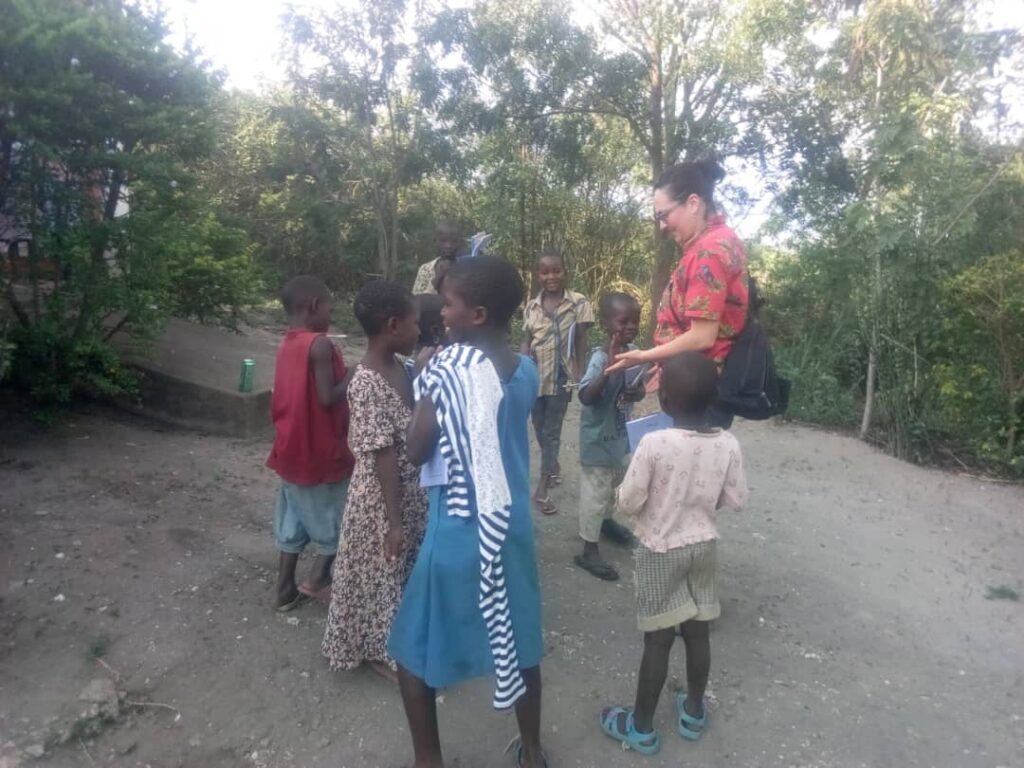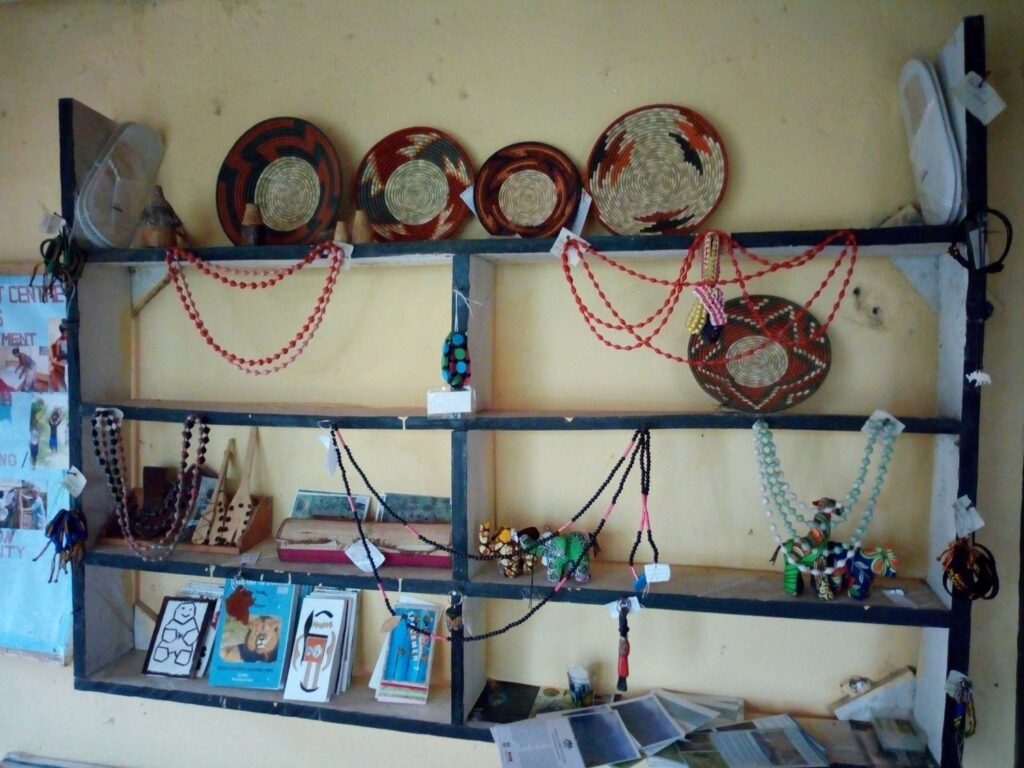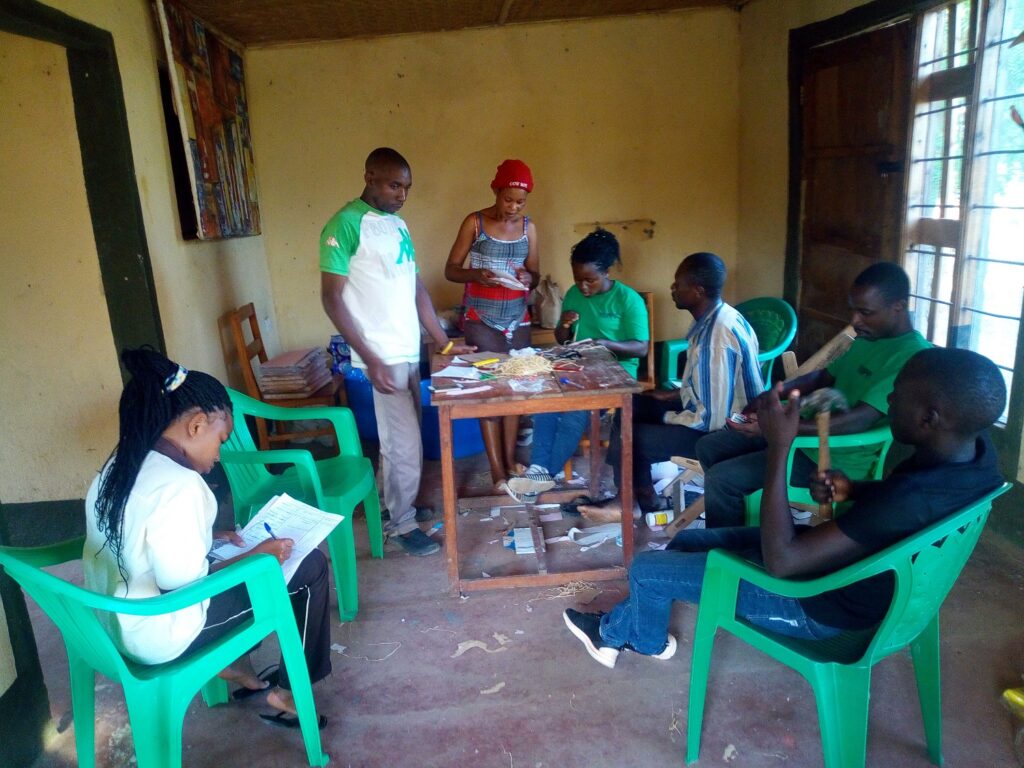We are specifically doing the following to prevent the acquisition and transmission of Covid19.
The payment options available are;
“Clean and safe for your stay”
Meet the people living next to Queen Elizabeth National park, at Kikorongo village. During the Kikorongo village walk, you will participate in the various livelihoods, local trades, and conservation works of the locals. The key highlights include roasting plantain and meat, selling food supplies Making organic manure, making energy briquettes, and other social aspects of life, as you learn how truly, the local people have mastered living with wild animals.

This is how to explore Queen Elizabeth National Park, looking for animals, meeting the people, and enjoying the landscape like a local, in the most affordable way. The Bodaboda safari integrates Nature and culture as you participate in the local life around Kikorongo village.
The following are the community empowerment and conservation projects you can participate in during your visit to the elephant home. This work is ongoing and implemented in the rural communities surrounding the elephant home or other community’ lodges that share the same ecosystem with the national parks in the Rwenzori region.
To solve the problems of cutting trees, lack of income to buy charcoal and firewood, reducing on women suffering when collecting firewood, household hunger due to lack of energy, accidents caused by wild animals, and arrests to local community members when they encroach on the park environment for fuel, and many other problems associated to fuel scarcity, there needs to be a source of renewable energy that can be easily and affordably accessed by the households of Kikorongo community.
Kikorongo youth are engaged in the production of energy briquettes. The briquettes are made out of clay, charcoal dust, or any other wood shavings. These briquettes burn for longer, are made of purely local materials that have less impact on the environment, and can produce easily.
During the participation, the volunteer will learn how briquettes are made. You will also make your own to show off with or give them to the local households to use.
Kikorongo community is faced with excessive drought. It is probably one of the hottest areas in the region. Kikorongo receives a very small amount of rainfall annually. Besides, the land has been exhausted from excessive traditional farming. As a result, all households buy food which is imported from other areas. The community youth and women are running a revolutionary campaign to feed the soils and start household gardening to be able to supply their own household food. Feeding the soil is one sure way for fighting hunger in the community, especially now, when the community households are mainly dependent on handouts due to the impact of covid19 on their livelihoods.
The community is engaged in organic manures preparation and household gardening to be able to produce their own food. This is done on a voluntary basis where the household and other community members offer all the required local inputs ranging from labor, land, and the demonstration site. The external resources that come from tourism and small donations are used to buy the external inputs such as seeds and others. As part of this project, organic waste is collected and added to the manure piles. The none biodegradable waste such as plastic bottles, plastic bags is also innovatively used in other interventions of the activity, as much as possible.
During the participation in the project, volunteers will work with the project on the community demo sites and at the household level. When you travel to the area, you can carry some of the items to use, such as seeds, hand farming tools, reading materials, or just your motivation to participate.
Handcrafts production is one of the sure ways communities living next to the park can easily generate income from tourism at the comfort of their homes without stopping their household traditional roles. However, the produced items need to be well managed and presented to the market. The community women lack skills and inspiration in the production and marketing of crafts. Most of them have not moved out of their communities so they don’t understand what the tourists’ expectations are.
Twice a week, the community members come together to make handicrafts as they share ideas. During this time, we provide external experts to give them some training on crafts production and marketing as a way to provide some inspiration to the producers. The community has been empowered to run a crafts shop near the lodge, but they lack the skills of managing it well. They need some support to guide them on how to run the shop in order to attain proper crafts presentation and sales.
When volunteers participate in this project, they will be involved in handicrafts production, branding, and sales management. Most of the working time will be spent with the community women as you directly exchange skills with them during the work.

Kikorongo community is a sprouting urban center on the highway running next to Queen Elizabeth National Park. It is on the highway that connects the major towns of Kasese, Mbarara, and the Congo border. This location is also a tourism zone of the Queen Elizabeth National park. The area is surrounded by many lodges, meaning that most tourist vehicles pass through this community. Kikorongo community has a population of about 300 households (About 800 people)
The increase of the local population and businesses has led to a high generation of waste in the community. This waste pollutes the environment both in the community and in the neighboring areas of the park. The resulting pollution lowers soil production and attractiveness to the tourists. Eventually, the community losses money and food that would be potentially generated from tourism and agriculture respectively.
To address the pollution and increased waste generation, Kikorongo youth is involved in waste collection and management through reducing, reuse and recycling. With support from various well-wishers and the community effort, the youth group has established public waste collection bins and keeps sensitizing to raise awareness of the local community on proper waste management.
During the work on this project, the volunteers work on community capacity building on the Reduce, reuse, and recycle of waste. This involves involvement in the entire value chain, starting from attending the waste collection days to seeing new products made out of waste.

Empowering women is empowering the nation, and empowering the youth is empowering the future. We base on this to look for every opportunity of giving life skills to these two social groups of the community. When the community members can learn to produce their own basic needs, they save the money that would be spent on them. this saving can then be used for other investment needs. We intend to give both productions, entrepreneurship, and life skills so that the unemployment challenge can be addressed. Currently, we give tourism skills, handicrafts production skills agricultural skills, and personal life skills.
After the skilling, we give material support to the trainees to enable them to start the production process that allows them to use the knowledge acquired. During the work, volunteers share skills with the community on the running and other potential initiatives. Volunteers can also engage in other partnerships establishments especially product marketing and capacity building.
Under the buffer zone conservation initiative, the elephant home is involved in tree planting activities in the Rwenzori region. We have facilitated the growth of a few thousand trees at different locations and on the elephant home property. Because the elephant home is located in a semiarid savannah climate, we mainly promote the natural regeneration of the local forest but support the planting of trees in other areas where planting new indigenous trees can be more appropriate.
During this activity, volunteers will be able to provide support in areas of forest regeneration, tree planting, innovative tree planting resource mobilization, and forest management skills to the local communities involved in the work. The works involve seed collection, tree nursery management, tree planting, community awareness-raising on tree planting, tree planting-related tourism products
In the communities neighboring the national parks, agriculture is the main income earner followed by tourism and traditional gathering. Agriculture also provides an important source of food to every household. However, agriculture faces many challenges including extreme climate conditions, pastes, and diseases, perishability of produce during bumper harvest, wild animals dispersing from the park to ride the crops, etc.
In an effort to address the problem of perishability and fluctuating prices, the communities are being empowered to add value to their produce in post-harvest interventions. This effort is aimed to increase agricultural output and reduce wastage of food. This will increase the agriculture-related economic benefits hence diverting the communities from poaching if they can get reliable sustainable income to support household economic empowerment and alternative investment.
The community members are helped with three main crops; coffee, vanilla, and bananas. These are the main crops that generate a substantial income for the households but also are affected by the above-mentioned problems. Once empowered, the households can earn a considerable income increase from these crops. The key activities being promoted are; coffee drink processing, banana winemaking, vanilla curing, and banana fruit drying.
as we are still at the piloting stage, the Work on this activity mainly involves community training and knowledge exchange on the implementation of the post-harvest value addition processes. other areas of intervention include product development, marketing, and business development skills.
The elephant home is an affiliate of the buffer conservation project. The project generates all its support from community voluntary work, tourism revenue, and partnerships. Your participation in our work helps reduce the carbon footprint on the natural environment.
Please choose the project of choice and get back to us if you have any other questions regarding this community work initiative. Otherwise, you can proceed to reserve your space on the accommodation and work schedule, through our booking or contact us forms.